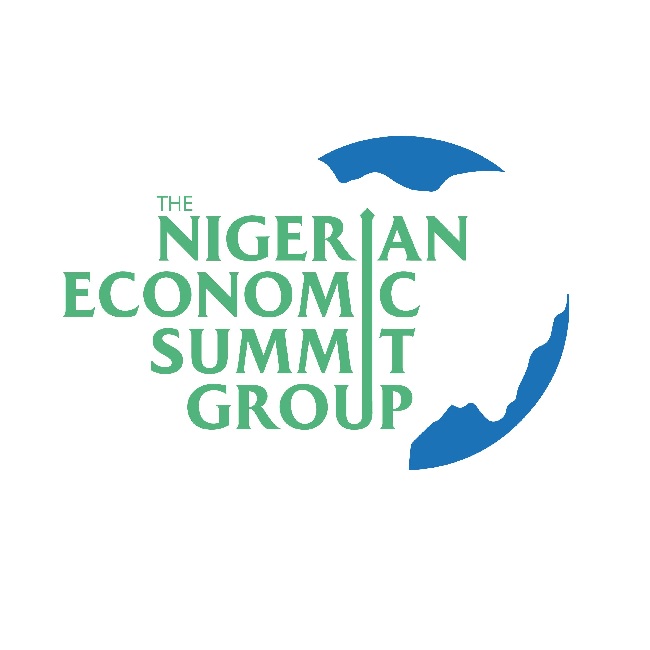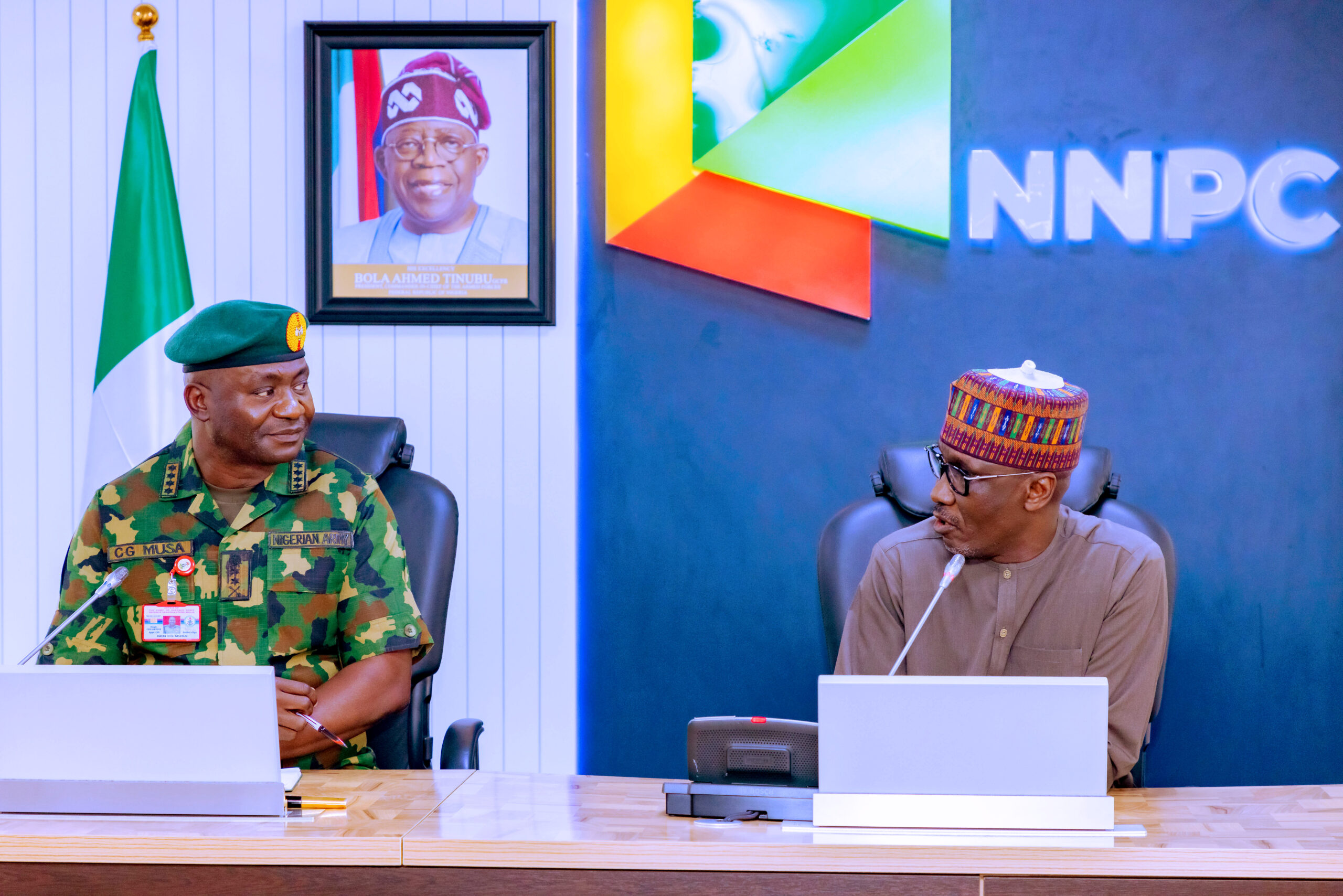
FG Gives Update On Infrastructure Projects At Gas Investment Forum
Mohammed Shosanya The second edition of the Gas Investment Forum is scheduled to take place in Lagos,between October 22nd and 24th, 2024. The Federal Government of Nigeria, through the Ministry of Petroleum












